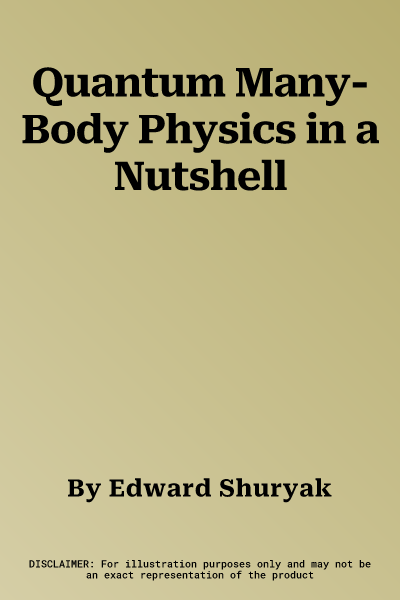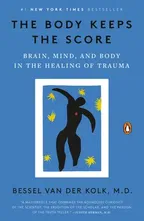The ideal textbook for a one-semester introductory course for graduate
students or advanced undergraduates
This book provides an essential introduction to the physics of quantum
many-body systems, which are at the heart of atomic and nuclear physics,
condensed matter, and particle physics. Unlike other textbooks on the
subject, it covers topics across a broad range of physical
fields--phenomena as well as theoretical tools--and does so in a simple
and accessible way.
Edward Shuryak begins with Feynman diagrams of the quantum and
statistical mechanics of a particle; in these applications, the diagrams
are easy to calculate and there are no divergencies. He discusses the
renormalization group and illustrates its uses, and covers systems such
as weakly and strongly coupled Bose and Fermi gases, electron gas,
nuclear matter, and quark-gluon plasmas. Phenomena include Bose
condensation and superfluidity. Shuryak also looks at Cooper pairing and
superconductivity for electrons in metals, liquid 3He, nuclear matter,
and quark-gluon plasma. A recurring topic throughout is topological
matter, ranging from ensembles of quantized vortices in superfluids and
superconductors to ensembles of colored (QCD) monopoles and instantons
in the QCD vacuum.
Proven in the classroom, Quantum Many-Body Physics in a Nutshell is
the ideal textbook for a one-semester introductory course for graduate
students or advanced undergraduates.
- Teaches students how quantum many-body systems work across many fields
of physics
- Uses path integrals from the very beginning
- Features the easiest introduction to Feynman diagrams available
- Draws on the most recent findings, including trapped Fermi and Bose
atomic gases
- Guides students from traditional systems, such as electron gas and
nuclear matter, to more advanced ones, such as quark-gluon plasma and
the QCD vacuum













